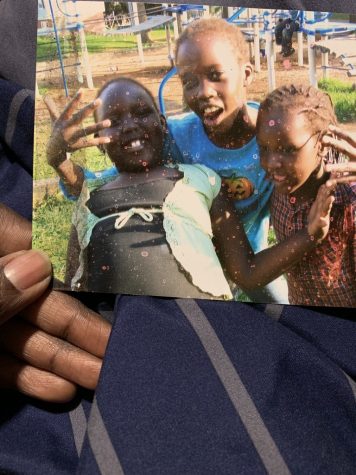Every spring semester, a University of Minnesota course called Science Court is taught by Aerospace Engineering and Mechanics professor Dr. Ellad Tadmor with the goal being for students to collect data and build a case for both sides of a controversial topic through a scientific perspective.
The topic Science Court is debating this semester is S/N grading and if it should be allowed for every class at the University of Minnesota, according to Tadmor. This is the first semester that the course’s research and arguments will be brought to the University Student Senate to be used in decision-making for possible approval.
If approved, the University Student Senate will present it to the University administration. During the 2020-21 academic year and the spring of 2020, the University allowed students an extended period of time to change the grading basis of classes and allowed S/N grades to count towards graduation requirements.
Dr. Tadmor created the course and he leads the course alongside three people who are in charge of teams. The three teams include the media team led by Director of Graphics & Data Visuals at the Star Tribune C.J. Sinner, the science team led by third-year PhD student Kiley Gilbert and the legal team led by lawyer Bill McGinnis.
“It’s something that the students can get a little bit fired up about, which is exciting for us and for them, to see their emotional reaction,” Sinner said. “They live and die by their grades a little bit, so it makes for an interesting class.”
“Professor Tadmor brings an interesting perspective to these problems by looking at them with a scientific backing instead of arguing and being fueled by emotion,” first-year Ellie Schwartzman said.
In a study by the University of Michigan, out of 600 first-year students, more than 80% of them base their self worth on their grades.
“Having the topic be something that matters to students this year is really interesting because it is going to have an impact on me and my peers,” Schwartzmann said. “While they have done cases that — while they will have an impact — they’re not as personally motivated.”
Second-year student Keegan Wulf talked about why the topic picked this year was important to him and his fellow classmates in Science Court.
“[Grades] are much more relevant, and I can do more with this than something like gun policies or immigration, the broader things,” Wulf said.
In last week’s Science Court, a guest speaker brought up the argument that grades do not matter and it is more important to know that something was learned. Students in the class argued this point, most of them saying that grades are valuable to them and their future.
“[Grades] do matter. If you’re getting scholarships, or you’re in the Honors program, or you’re an athlete, or you want to go to grad school, [grades] matter to them,” Sinner said.
The overall goal of Science Court is simple: the people involved in the class want the University community to care.
According to Tadmor, the students in Science Court want to raise more awareness so the people in the University community care and understand the impact of grades. He said that students in the Science Court course want to expose information about S/N grading to the world, since it is stuck inside “our little ivory castle” most of the time.
“Whatever happens, I’m hoping we can get some sort of talk with the administration going,” Wulf said. “It’s the idea that people could be listening and could be taking into account what we’re saying.”


